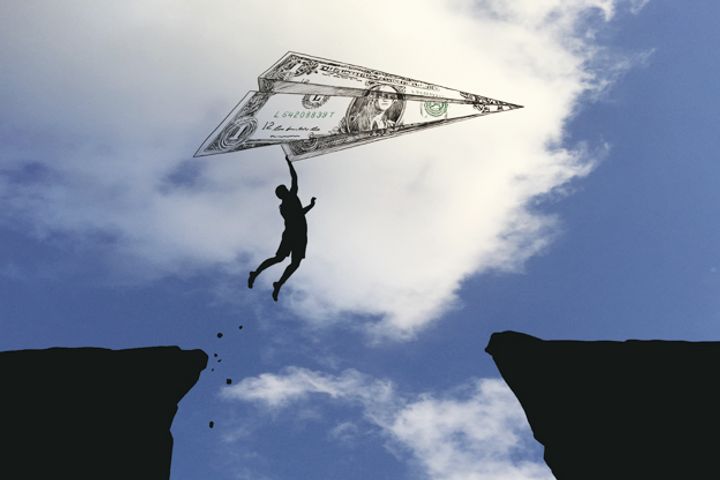 China's Central Bank May Raise Open Market Repo Interest Rates After Fed's Decision
China's Central Bank May Raise Open Market Repo Interest Rates After Fed's Decision(Yicai Global) March 22 -- China's central bank may follow the U.S. Federal Reserve if the latter announces this year's first interest rate rise as expected, market observers believe, although the new governor of the People's Bank of China said the world's second largest economy will continue to pursue prudent monetary policies.
The market players believe PBOC is likely to raise the open market interest rates if the Fed moves to lift the U.S. interest rates. The Fed will increase the federal funds rates by 25 basis points, a move which will turn the market attention to China, analysts say. The country's monetary policy is based on domestic economic reform and financial situation, stressed China's new central bank governor Yi Gang in his first statement.
However, China may choose to increase rates only by way of raising open market reverse repurchase, or repo, interest rates, The Paper said, citing insiders. The reverse repurchase agreement operation refers to a way through which central banks injects liquidity into the financial system. In other words, commercial banks pledge bonds to the central bank while the central bank lends money to commercial banks. Therefore, if the central bank raises the interest rate for reverse repurchases, it means that commercial banks financing cost in the open market would increase.
In terms of international monetary policy environment, coordination of monetary policies and interest rate spreads between China and the U.S. are taken into account, said Ming Ming, chief analyst of CITIC Securities. Judging from the global monetary policy tendencies, the U.S. is likely to increase interest rates, Ming believes.
The direction of monetary policies in major economies is relatively uniform. Moreover, the recovery trend of the world's major economies, including that of China, has become more evident since the beginning of this year. Last month, China's inflation rate has significantly risen to 2.9 percent. Therefore, it is necessary for China to take advantage of the current trend to increase the open market interest rates, Ming added.
Last year, PBOC raised the open market interest rates three times, two of which occurred right after the Federal Reserve announced rate hikes.
The first rate rise took place on March 16, 2017. PBOC raised the reverse repurchase and the medium-term lending facility, MLF, rates by 10 basis points just after the Fed raised interest rates for the first time last year. On Dec. 14, 2017, the central bank increased both the open market reverse repurchase rate and MLF rate by 5 basis points, again right after the Fed increased interest rates. However, the central bank chose not to increase the open market interest rates when the Fed lifted interest rates last June.
The Fed's rate hike provides a better time window for China's central bank to have a rate increase of 15 basis points to 20 basis points during the year, Shenwan Hongyuan Securities said.
CIB Research believes that whether or not to make a repurchase interest rate adjustment will not have much impact on the market, and interest rate movements will change more in line with the leverage level. From a seasonal perspective, the money market interest rates rose significantly around March 20 in the past few years, it added.